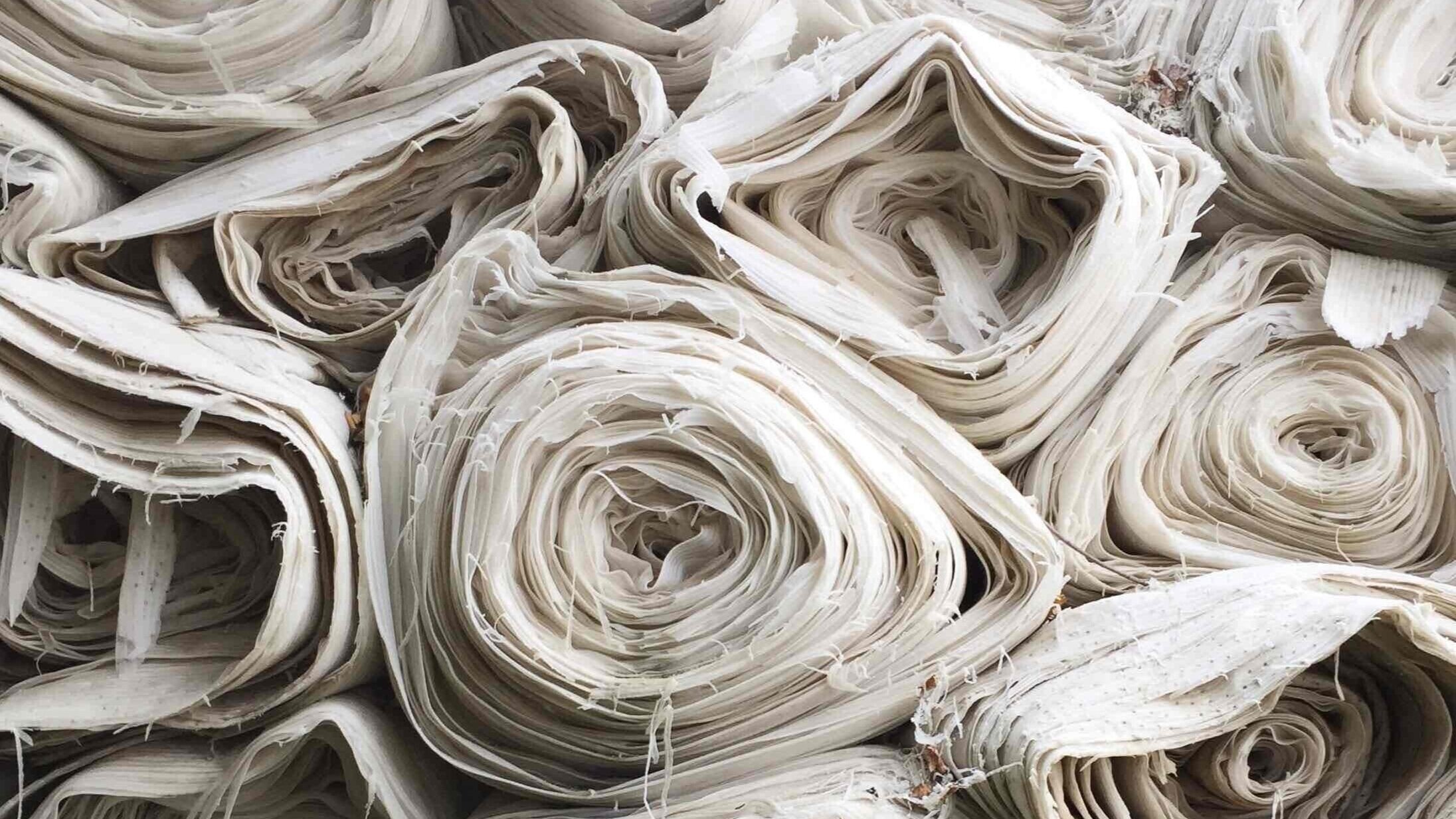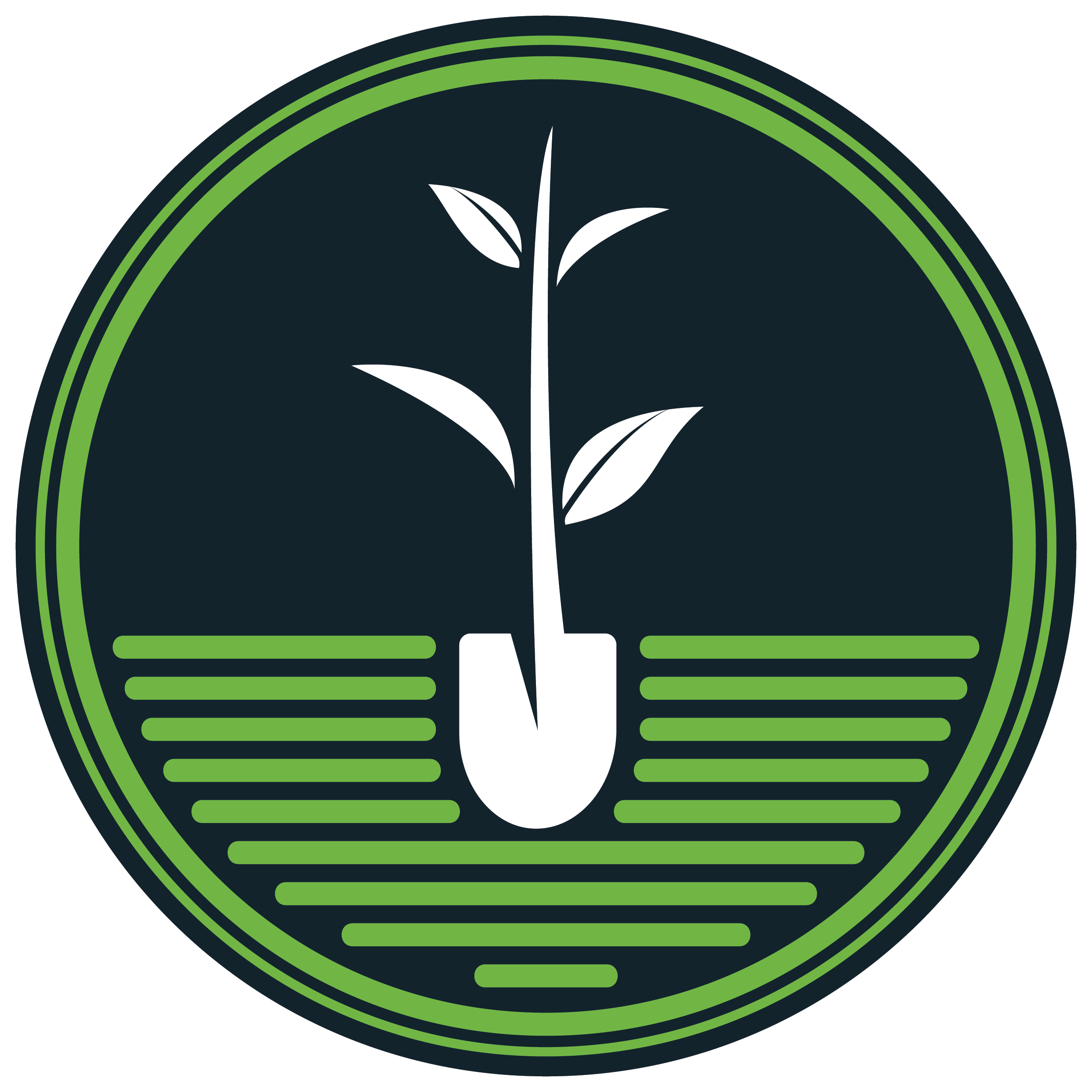Sustainable Clothing
As a small business based in Dublin, Ireland, it is quite hard to compete with the big brands and mass production giants, especially if you want to use sustainably sourced materials and production practices. That being said, my intention was never to produce to waste. My designs, organic materials and locally sourced natural fibres (linen, hemp and organic cotton) are thought to endure and should have a long lifespan. I want you to be wearing our sustainable clothes for years and years from now.
In a conscious effort of becoming more eco-focused, I decided to produce my pieces only when there’s already a customer for them. This Made to Order approach to fashion applies not only to the garments made by me in my home studio but also to our organic t-shirts, sweatshirts and hoodies which are produced by on-demand manufacturing companies and suppliers in the EU.
For my exclusive prints, I use direct-to-garment (DTG) printing. This technology is more sustainable than older apparel printing methods, such as screen printing. Not only does screen printing use a lot of water and plastisol inks that don’t biodegrade, but it’s also tended towards bulk orders which can lead to overproduction. In comparison, DTG printing - is more eco-friendly because items get printed only when there’s already a customer for them. My supplier uses Kornit printers which are known to produce almost zero wastewater and use less energy, lowering our carbon footprint.
The biodegradable vegan NeoPigment inks used during the printing process are made by Kornit, and they’re water-based, toxin-free and non-hazardous. The disposal of any left-over ink follows supplier guidelines, so the environment isn’t harmed.
Combining my approach to design with a focus on avoiding textile waste by minimising the production of extra stock, when buying one - or more - of our essentials or leisurewear pieces, based on your geo-location, they are produced either in the EU or US. The order is fulfilled in the area closer to the delivery address reducing water and air pollution, and carbon footprint as a result of shipping through shorter distances. For our seasonal collections, as the garments are hand produced by me, they will be shipped from Dublin, Ireland.
I know there isn’t one solution to the issues the fashion industry and our planet are facing, however, big or small, Alex D’Paula wants to take action now, in a humble but meaningful way. I commit to choosing responsibly sourced and eco-friendly materials, support social justice and human equality whilst designing clothes made to pass the test of time, build memories and last through a life-long connection with their buyers.
- Alex D’Paula
Social Responsibility: One for One
Since March 2021, we have adopted a one for one model: For every product or service purchased, we plant a tree around the world! Regions include North America, Latin America, Africa, Asia, Europe and the Pacific.
Disclaimer: To issue your tree’s certificate, we need to provide your name and surname to the non-profit we partner with. No other personal information is required to issue the certificate. If you have any concerns about providing this information to a third party, please let us knows.
WHY TREES?
Trees help clean the air we breathe, filter the water we drink, and provide habitat to over 80% of the world's terrestrial biodiversity. Forests provide jobs to over 1.6 billion people, absorb harmful carbon from the atmosphere, and are key ingredients in 25% of all medicines.
Here are the six pillars that explain why trees are vital:
AIR
Trees help to clean the air we breathe. Healthy, strong trees act as carbon sinks, offset carbon and reducing the effects of climate change.
WATER
Trees play a key role in capturing rainwater and reducing the risk of natural disasters like floods and landslides. Their intricate root systems act like filters, removing pollutants and slowing down the water’s absorption into the soil.
BIODIVERSITY
A single tree can be home to hundreds of species of insect, fungi, moss, mammals, and plants. Depending on the kind of food and shelter they need, different forest animals require different types of habitat. Without trees, forest creatures would have nowhere to call home.
SOCIAL IMPACT
Sustainable tree farming provides timber to build homes and shelters, and wood to burn for cooking and heating. Food-producing trees provide fruit, nuts, berries, and leaves for consumption by both humans and animals, and pack a powerful nutritional punch.
HEALTH
Trees help reduce stress and anxiety, and allow us to reconnect with nature. In addition, shade provided by tree coverage helps protect our skin from the ever-increasing harshness of the sun.
CLIMATE
Trees help cool the planet by sucking in and storing harmful greenhouse gases like carbon dioxide into their trunks, branches, and leaves — and releasing oxygen back into the atmosphere.





